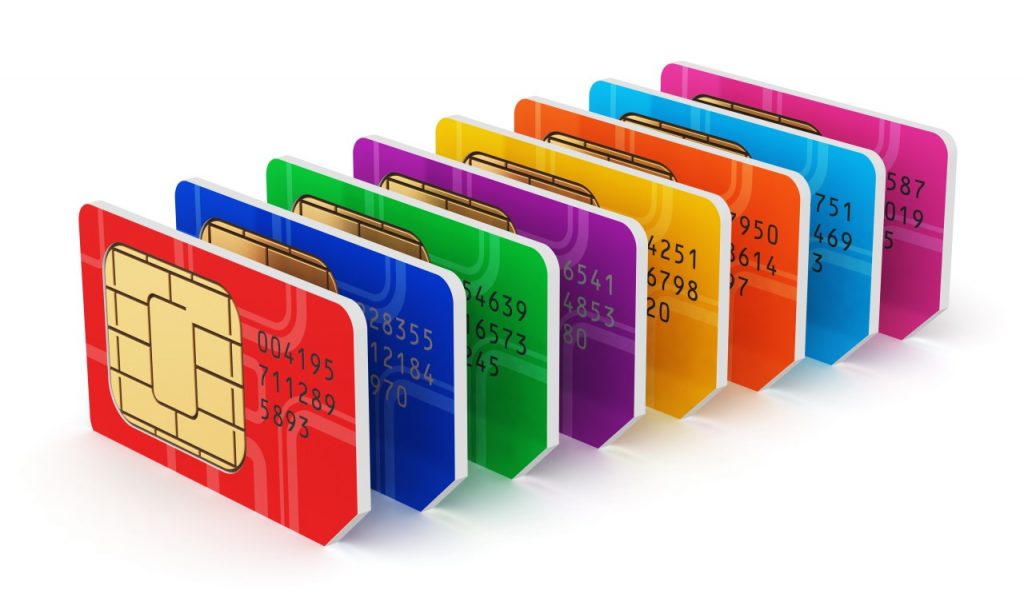Nigerians may soon be restricted in the number of sim cards each person can use to access telephony services in the country. This has been established in a directive issued to the Nigerian Communications Commission (NCC) by the country’s Minister for Communications and Digital Economy, Dr Isah Pantami.
In the directive, Pantami mandated the NCC to review the sim registration and use policy that governed registration and acquisition of sim cards by Nigerians and Non-Nigerians in the country.
The revised policy will ensure that subsequently, the National Identity Number (NIN) is one of the required parameters for people to register new sim cards.


The policy will also ensure that the number of sim cards that an individual could possess is limited. In the directive, Pantami suggested that it be limited to three for each individual.
Implications of the revised policy to subscribers
According to the proposed policy, subscribers who intend to obtain and register sim cards with any of the telcos will have to provide their NIN as part of the registration requirement.
For subscribers who have registered their sim cards before now, they will be required to upgrade their sim registration details to include their NIN for a complete registration. The policy directs that it is to be done before December 1, 2020.


Because the NIN is now a compulsory requirement, people who have not completed the NIN registration will have to undertake and complete it if they intend to use telephony services. Failure to do so would see their access to data, calls and messages in the country restricted.
It is not clear however, what would happen to users registered to more than three sim cards. At the very least, they would be required to relinquish the excesses or face some form of punishment.
For non-Nigerians, the policy makes a provision for them to register sim cards in the country with either their visa or passport number. This will ensure that activities carried out with cell phones can be traced to one particular individual, whether the person is a Nigerian or a foreigner.
Implication of the revised policy on telcos
Telecommunications service providers such as MTN Nigeria, Airtel and the likes will also be impacted directly and indirectly by the directive. As at December 2019, there are about 184 million telephone subscribers in Nigeria. According to the Digital 2020 Global Overview Report, those subscriptions belong to 169.2 million Nigerians.
But excess sim ownership becomes more evident when you consider that as at December 2019, there are about 125.7 million mobile internet subscriptions in the country. However, those subscriptions belong to only 85 million Nigerians.
Thus, it is expected that the number of internet subscriptions in the country will drop after implementation of this policy. The number of telephony subscribers will also drop, as soon as the new effect of limiting the number of phone lines is set in motion.
Nigerians have multiple phone lines due to a number of reasons. Sometimes it is in the quest to find the best data network provider. At other times it is in a bid to find the most favorable in terms of call and data tariffs, or simply to have alternatives for when the primary provider delivers poor service.
Other times, people simply get new sim cards because of a promo attached to it for that particular time. Whatever the reason, an effect of the new policy will be that the number of sim cards that an individual can register for use will be restricted.
Security as a factor
According to the Minister, this directive is necessary because of security reports coming in from security agencies. The report also mandated that the sim cards that have been used to carry out criminal activities in the country be permanently deactivated.
As insecurity is still a big concern in the country, putting measures in place to track phone usage and trace it to one particular subscriber will make it easy for security agents and telcos to join forces and reduce criminal activities in the country.





